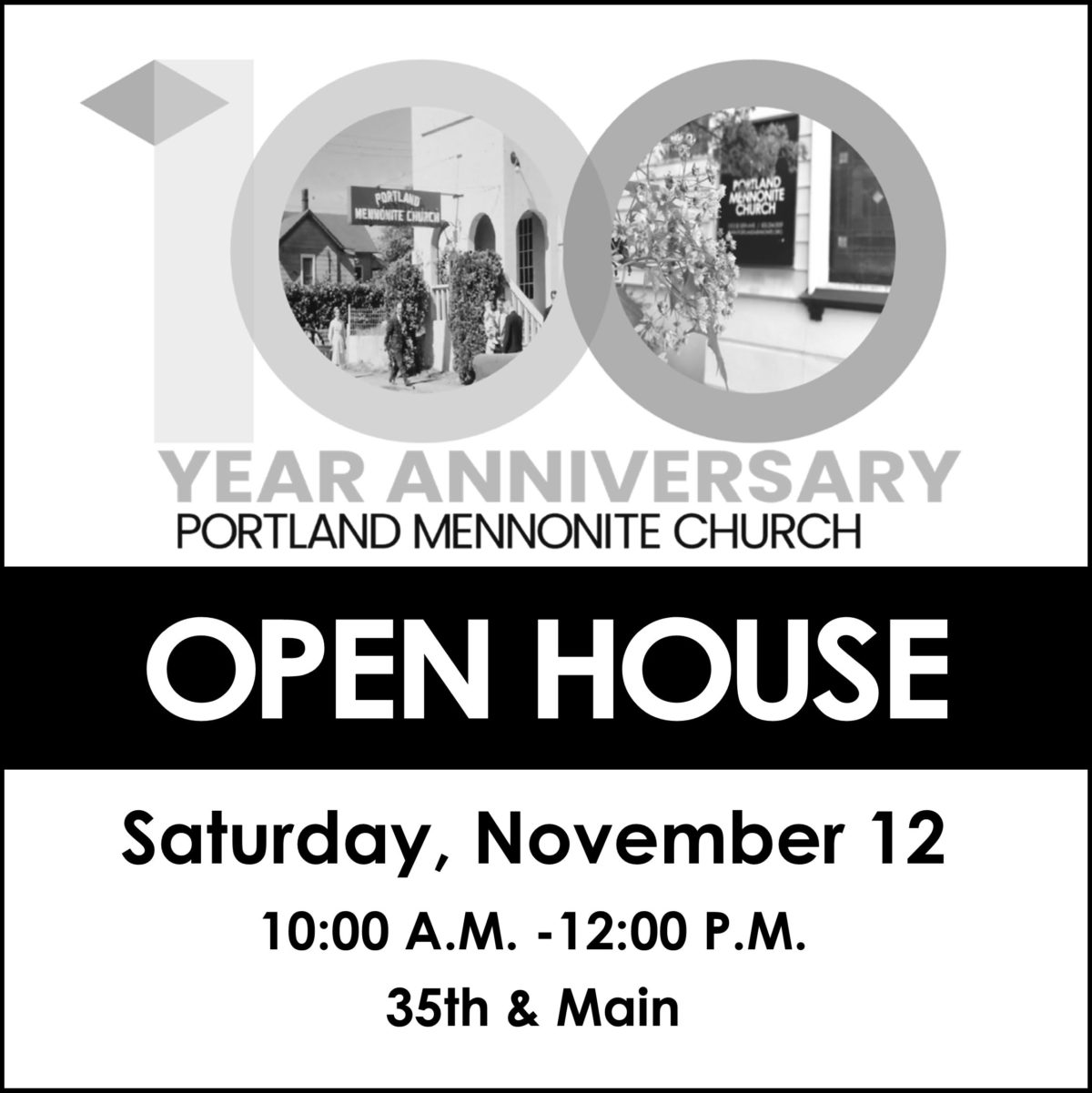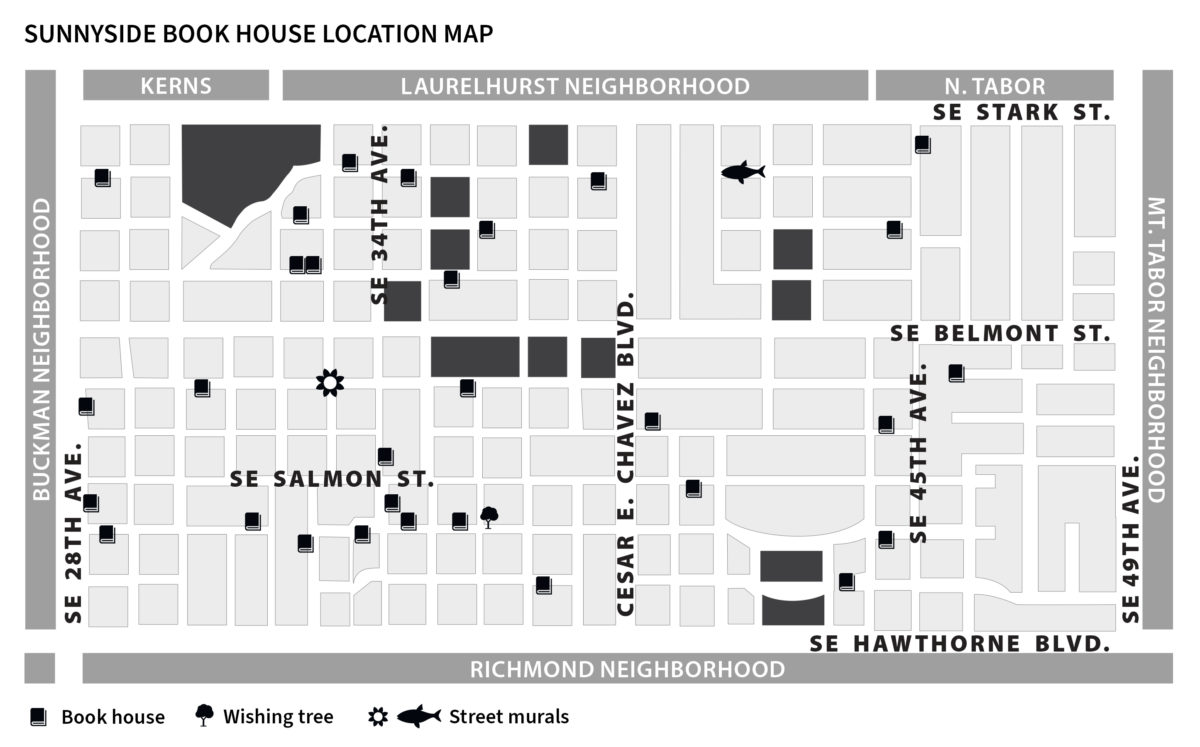Is your quality of life enhanced by the sound of gas leaf blowers or the fumes those blowers emit?
Quiet Clean PDX (QCPDX) is a coalition of concerned Portlanders working to eliminate gas leaf blowers locally and beyond. We have over 1,800 subscribers to our monthly newsletter and you can find the organizations that endorse us—including 15 Portland neighborhood associations at www.quietcleanpdx.org.
Gas leaf blowers:
• Create high-intensity intrusive noise that disturbs neighborhood residents, passersby, and shoppers and can lead to permanent hearing loss for the operator
• Create health risks with the emissions of toxic substances that can cause cancer, heart and lung disease
• Cause air pollution with the emission of smog-forming chemicals
• Require fossil fuels (gas and oil) for operation and thereby emit carbon dioxide, which contributes to climate change.
QCPDX is hopeful that the Sunnyside Neighborhood Association will endorse our goal of transitioning to alternatives including battery-operated leaf blowers and manual tools like rakes. We hope to encourage a healthier and simpler approach to lawn and garden care that reduces the need for gas-powered equipment.
Thank you for your consideration- The Quiet Clean PDX Steering Committee
Note: The SNA will be voting at our General Meeting on January 12th about whether or not to endorse Quiet Clean PDX’s mission.


